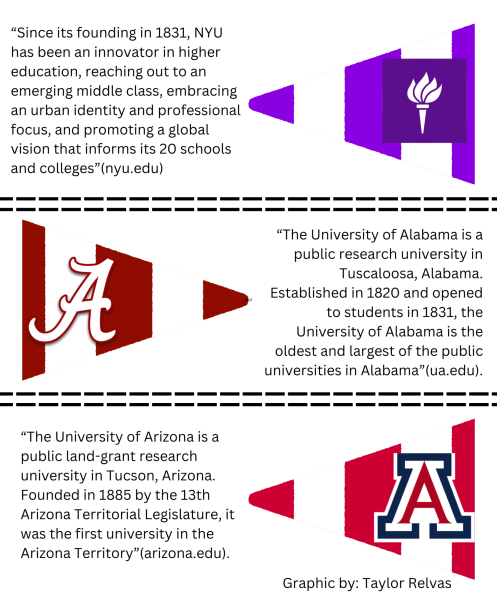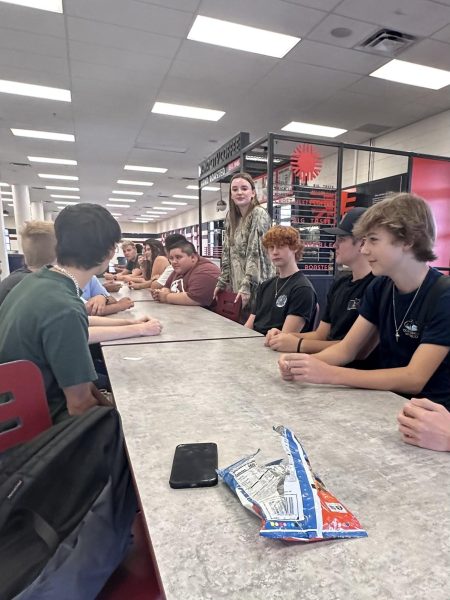An Egg, Internet Mobs, and the Golden Rule
Having amassed over 50 million likes on Instagram in just over two weeks, a seemingly unimportant photo of an egg has captured the attention of national media outlets after handily dethroning Kylie Jenner’s baby as the most-liked Instagram post.
This novelty success of the @world_record_egg profile is only one of many “accomplishments” awarded to the nameless “Internet” in recent months. Just weeks ago, Youtube users globally made the 2018 Youtube Rewind the most disliked video on the platform in a matter of days, and what seems like each week, mobs of pitchfork-carrying Twitter users circulate questionable quotations of high-profile figures as they call for boycotts and divestments.
Now, the vigilantism of social media users is not some scourge plaguing online platforms; the success of the #MeToo movement and its consequent takedown of sexual predators can be largely attributed to the combined force of justice-seeking individuals and the Internet’s ability to quickly disseminate information.
But when does a disagreement become an online shouting match? A tweetstorm?
And when does a rallying call become a witch hunt?
Beyond simply compromising truth in favor of sensationalism, online mob mentalities erode at civil discourse in the realm of politics as users are more interested in “taking down” opponents than respectfully expressing different perspectives.
Frequently, today’s charged political climate is posited as the chief contributor to incivility and divisiveness online, but perhaps the structure of online media can further explain the widening chasm between the plateaus of partisanship.
Given the ever-expanding reach of the World Wide Web, news sources must compete for viewership and relevancy, and often resort to catering to their bases, ultimately reporting stories in a way that confirms the biases of consumers. At the heart of the growing mob mentality of the Internet is a primal form of tribalism, where politics flattens to a two-dimensional disk and users must cling to and defend their respective sides.
With the federal government recovering from its longest-ever shutdown, serious discussion regarding the significance of polarization and derision in politics are essential to ensure that compromise is still possible on Capitol Hill. For American democracy to thrive, political tolerance and respect must become staples of screen-to-screen conversation, and generalizations that callously mock “leftist tears” or ridicule Christian ideology must be accepted as vacuous and destructive.
This is unabashed self-promotion, but I and another Perry senior, Sean-David, will be further dissecting political divisiveness on February 14th between 8am and 9am on Channel 7 as part of our monthly #LiveGolden segment. Follow @livegoldenaz on Instagram to learn more of what true civil discourse entails and how Golden Rule behavior in treating with others with respect can be applied to politics.

Grant Williams is a senior at Perry High and a columnist in his first year as a staff member for The Precedent. He says “lol” unironically and has...





